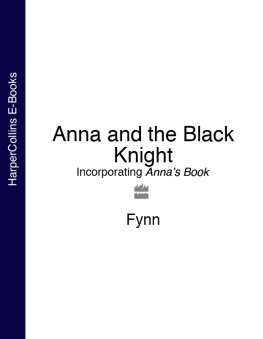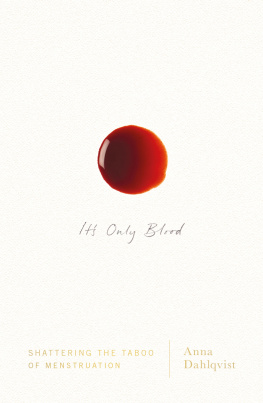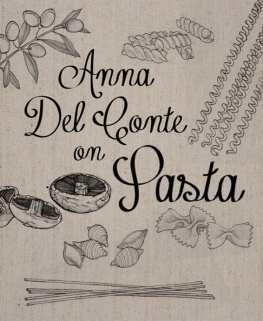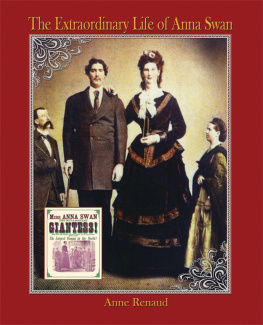Tara Nummedal - Anna Zieglerin and the Lions Blood: Alchemy and End Times in Reformation Germany
Here you can read online Tara Nummedal - Anna Zieglerin and the Lions Blood: Alchemy and End Times in Reformation Germany full text of the book (entire story) in english for free. Download pdf and epub, get meaning, cover and reviews about this ebook. year: 2019, publisher: University of Pennsylvania Press, genre: Non-fiction. Description of the work, (preface) as well as reviews are available. Best literature library LitArk.com created for fans of good reading and offers a wide selection of genres:
Romance novel
Science fiction
Adventure
Detective
Science
History
Home and family
Prose
Art
Politics
Computer
Non-fiction
Religion
Business
Children
Humor
Choose a favorite category and find really read worthwhile books. Enjoy immersion in the world of imagination, feel the emotions of the characters or learn something new for yourself, make an fascinating discovery.

- Book:Anna Zieglerin and the Lions Blood: Alchemy and End Times in Reformation Germany
- Author:
- Publisher:University of Pennsylvania Press
- Genre:
- Year:2019
- Rating:3 / 5
- Favourites:Add to favourites
- Your mark:
Anna Zieglerin and the Lions Blood: Alchemy and End Times in Reformation Germany: summary, description and annotation
We offer to read an annotation, description, summary or preface (depends on what the author of the book "Anna Zieglerin and the Lions Blood: Alchemy and End Times in Reformation Germany" wrote himself). If you haven't found the necessary information about the book — write in the comments, we will try to find it.
In 1573, the alchemist Anna Zieglerin gave her patron, the Duke of Braunschweig-Wolfenbttel, the recipe for an extraordinary substance she called the lions blood. She claimed that this golden oil could stimulate the growth of plants, create gemstones, transform lead into the coveted philosophers stoneand would serve a critical role in preparing for the Last Days. Boldly envisioning herself as a Protestant Virgin Mary, Anna proposed that the lions blood, paired with her own body, could even generate life, repopulating and redeeming the corrupt world in its final moments.
In Anna Zieglerin and the Lions Blood, Tara Nummedal reconstructs the extraordinary career and historical afterlife of alchemist, courtier, and prophet Anna Zieglerin. She situates Annas story within the wider frameworks of Reformation Germanys religious, political, and military battles; the rising influence of alchemy; the role of apocalyptic eschatology; and the position of women within these contexts. Together with her husband, the jester Heinrich Schombach, and their companion and fellow alchemist Philipp Sommering, Anna promised her patrons at the court of Wolfenbttel spiritual salvation and material profit. But her compelling vision brought with it another, darker possibility: rather than granting her patrons wealth or redemption, Annas alchemical gifts might instead lead to war, disgrace, and destruction. By 1575, three years after Annas arrival at court, her enemies had succeeded in turning her from holy alchemist into poisoner and sorceress, culminating in Annas arrest, torture, and public execution.
In her own life, Anna was a master of self-fashioning; in the centuries since her death, her story has been continually refashioned, making her a fitting emblem for each new age. Interweaving the history of science, gender, religion, and politics, Nummedal recounts how one resourceful womans alchemical schemes touched some of the most consequential matters in Reformation Germany.
Tara Nummedal: author's other books
Who wrote Anna Zieglerin and the Lions Blood: Alchemy and End Times in Reformation Germany? Find out the surname, the name of the author of the book and a list of all author's works by series.









